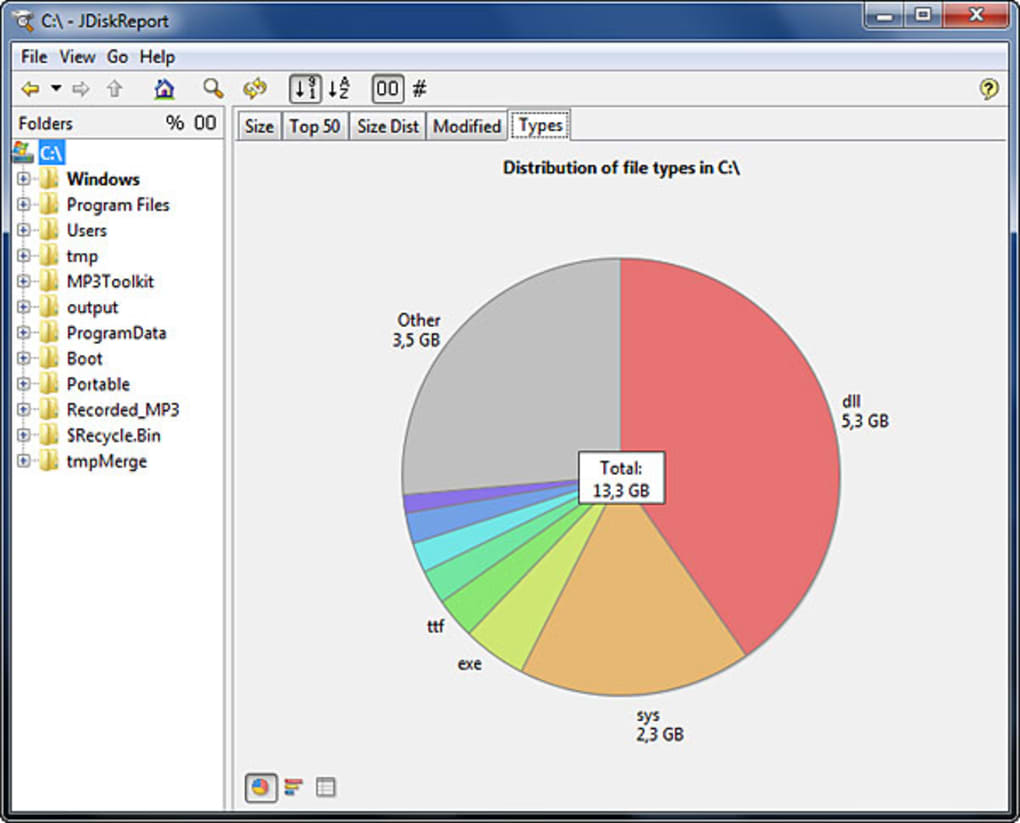

Esta aplicación esta programada en JAVA y funciona en Windows, Linux y Mac.Įstá aplicación analizara nuestro Disco Duro y nos presentara la información de los archivos que contienes a través de gráficas y tablas, de manera que podamos encontrar archivos obsoletos, eliminarlos y de esta manera ganar algo de espacio en nuestro HDD.

Aplicación muy útil para liberar espacio pues encuentra esos archivos grandes y obsoletos que no necesitaremos más. Doesn't like when our Director takes a ticket, resolves it.¿Te has quedado sin espacio en tu PC? JDiskReport nos presentara a través de atractivas gráficas que archivos están ocasionando que no tengamos más capacidad en nuestro Disco Duro. Things like, she doesn't like when we have more than two pages of tickets (two pages minimum, one page is the dream). I was just thinking of some pet peeves my coworker has regarding our helpdesk. Help Desk Ticket Pet Peeves Water Cooler.A new starter will use one of those laptops and I would need to change th. I couple of laptops that were joined to local DC. Hi.I'm strugling with connecting laptop with Win 10 to O365 instead of using local domain.
#Jdiskreport for phones windows 10#
#Jdiskreport for phones software#
There's also the case of enormous files whose modification date changes daily, so one needs to be able to check whether it was already that big.Ĭan anyone suggest some software to do these snapshots? Spiceworks seems to only record free space. So often the answer isn't obvious because someone has copied hundreds of small, old files from somewhere else, or a previously small file has become large without its date changing.

What I'd really like (which is why I'm replying to an old thread) is something that will record all the filenames, locations and sizes daily, so that I can compare snapshots to find out exactly which folders or files consumed most of the remaining space last Tuesday, for example. The latest version has (at last) a directory mode that lets you find the largest branch or folder. Ztree lets me quickly look for the newest files or the largest files, and has an option to display branch or folder sizes, which is really useful. SpaceSniffer is a bit like WinDirStat, but also allows you to filter on creations dates, etc, so you can see a map of just the new files, which is often what you really need to see. I use Ztree, WinDirStat and SpaceSniffer.


 0 kommentar(er)
0 kommentar(er)
